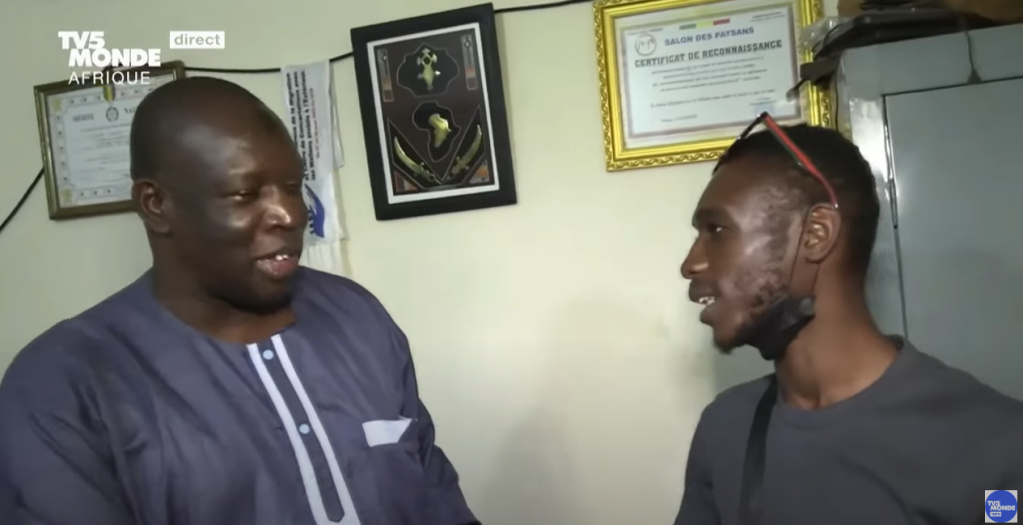On July 2, passengers on a flight from Paris to the Malian capital Bamako protested against the expulsion of a Malian national, but their actions were in vain. Moussa Sacko was expelled, despite having spent most of his life in France.
Moussa Sacko, 25, was born in Mali and arrived in France as a child. After having been issued several notices to quit French territory (Obligation de quitter le territoire français, OQTF), he was expelled and flown to Mali on July 2.
According to the French international broadcaster rfi, people on the flight were called to action by groups supporting Sacko, and stood up in their seats, refusing to sit down for take-off, as Sacko was brought on board with a police escort.
The eventual expulsion was the second attempt by the French authorities within just a few days. The first time, on June 28, passengers managed to prevent the flight Sacko was brought on from taking off. Passengers were called to protest via a hashtag circulating on social media -- #LiberezMoussa (free Moussa), which was supported by prominent anti-racist activists like Assa Traoré and the singer Kalash.
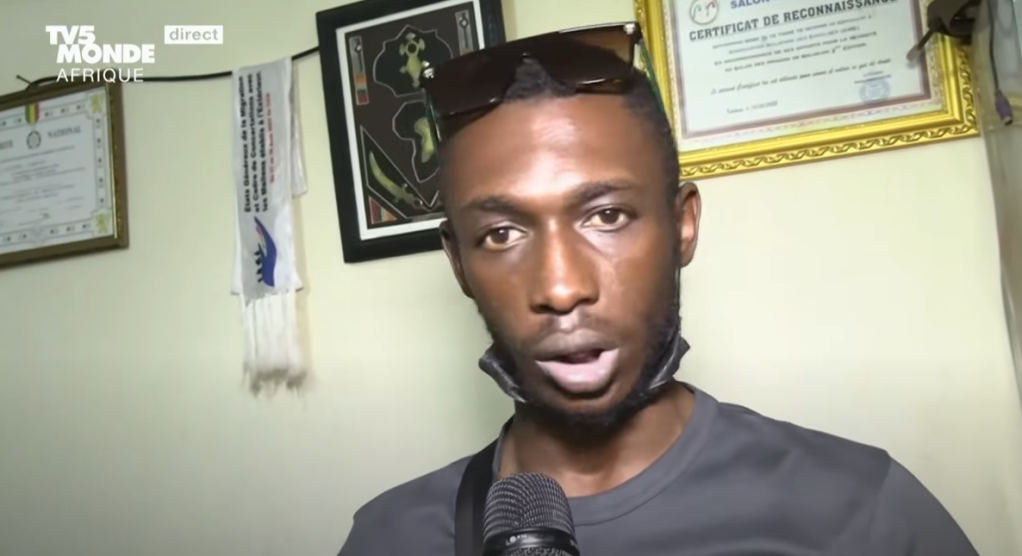
In pre-removal detention: 'All my rights are being violated'
Sacko received the OQTF because he didn’t have a valid residence permit, reports rfi. His whole family is resident in the Paris suburb of Montreuil, an area on the outskirts of Paris that is known for its multicultural diversity.
Before his expulsion, Sacko told the French ‘anti-capitalist’ news magazine Politis that he felt like he had spent almost all of his existence in Montreuil. "I don’t know anything about Mali," Sacko told Politis, "my life is here." Sacko arrived in France at the age of three and is a father to two small children.
"I have had to say goodbye to everyone," Sacko told Politis. "I feel very sad, you just can’t understand. I haven’t even been able to see my children, as I didn’t want them to have to see me here [in detention] in conditions like this."
Prior to the first attempt to expel Sacko, he was placed in a pre-removal detention center, (Centre de retention administrative – CRA), reported Politis. He spoke to reporters from the center in Mesnil-Amelot, Seine-et-Marne, where he had already been for a month when they interviewed him for their article published on June 28.
From there, Sacko said, "I am not sleeping anymore, I am losing weight, they have shut me in this cage, I am just pacing round and round in circles, as if I was the worse kind of criminal.
"I lose my temper, I see things that I shouldn’t see. I have not harmed anyone, but all my rights are being violated," he told Politis. Some people have cracked in the detention center, said Sacko, "people take medicine, they hide, they cut their veins. There are some who commit suicide." He questioned why he was in detention. "Honestly I don’t know what I’m doing here."
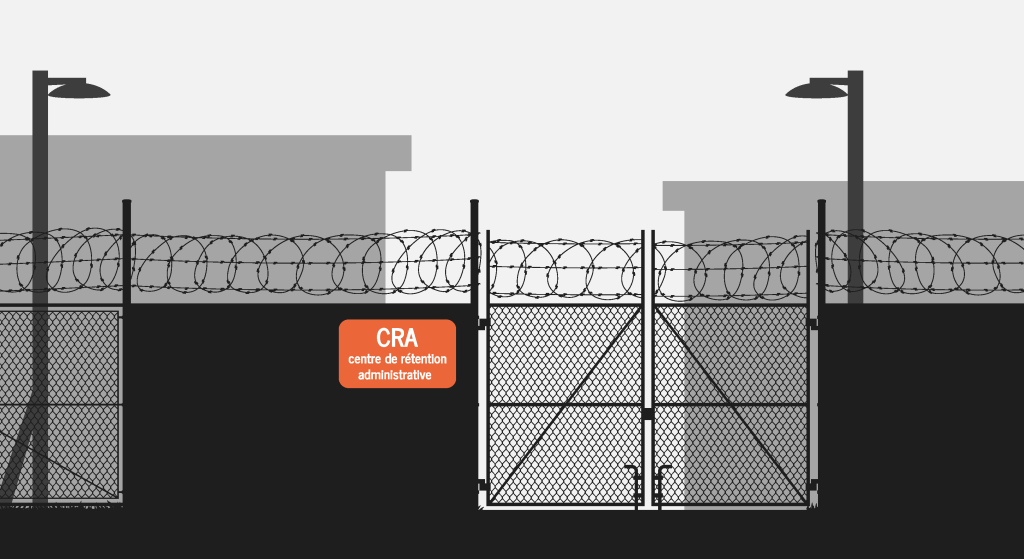
'Victim of the changes in French asylum law'
In the article with Politis, Sacko refers to the authorities "telling him off for something I did several years ago, for which I have already paid, and been reintegrated into society." He doesn’t elaborate on what that might have been. The article underlines that Sacko believes he is one of the first victims of the changes in French asylum and immigration law.
Sacko also claims that he had done everything he should have done to obtain the correct papers, and that the authorities’ claims that he didn’t do that are "false." He says he took his case to the administrative tribunal and that he should have been granted a provisory stay permit, but then he didn’t receive one.
"Once I received the OQTF, the Malian authorities delivered a 'laissez-passer' (allow to pass – a document that would act like a passport and allow Sacko to be returned to Mali) and the French prefecture set the date for my expulsion for June 28. I couldn’t believe it."
Stopped during the clearance of a squat in May
According to French law, Sacko’s expulsion was legal. He received a first OQTF in 2022, which was then later suspended by the Administrative Tribunal. His lawyer explains that he was protected from expulsion by a law that says that those who entered French territory under 13 should be allowed to stay there.
But then, when he was stopped by police during the clearance of a squat in the Montreuil area at the end of May, he was issued with a second OQTF. Although he should have been issued a residence permit after the suspension of the first OQTF, he wasn’t, and the protections for children under 13 had been annulled by a change in the law in January 2024.
That meant, that for the French authorities, Sacko was now on French territory without papers, and could therefore be taken to a CRA and eventually expelled.
The squat where he was stopped, En Gare, had been housing a number of people without regular papers to stay in France. Sacko says he was a reference point for lots of the residents in the squat and the association that helped support it. He believes that the assurances he received from the administrative tribunal should have been enough to allow him to remain in France.
"I told myself that in France this can’t happen, you can’t just expel someone because of a bit of paper. I grew up and live here. I came here when I was just three years old."
"I was just waiting for those documents from the prefecture, but they never came," he said.
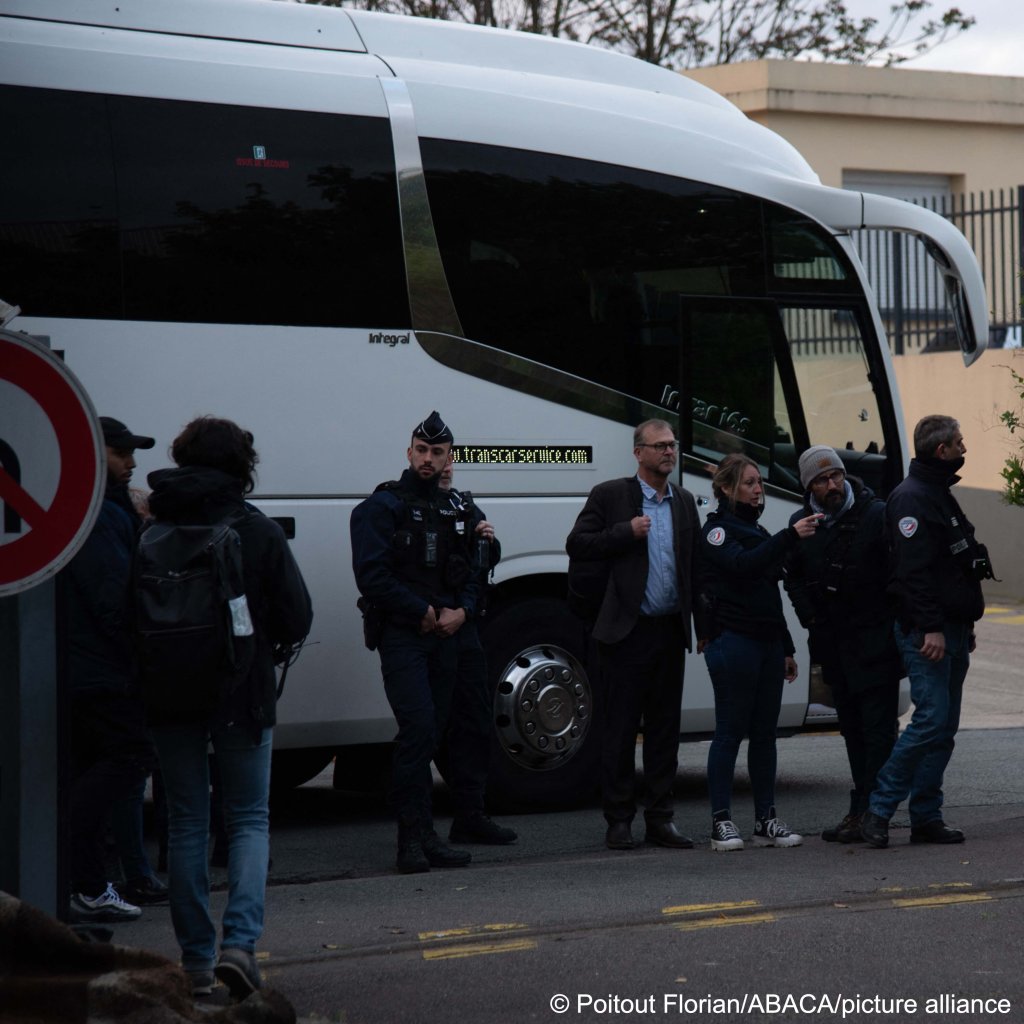
Difficulties gaining information on deportation flights, claims lawyer
On July 2, just a few hours before the planned take-off of the flight to Bamako, activists managed to circulate news that Sacko should be on the flight on the social media platform X, reports rfi.
Sacko’s lawyer Nina Galmot had been left in the dark about where exactly Sacko might be, reports the broadcaster. "The authorities were refusing to answer me," said Galmot. "They said I don’t have the right to certain information, but they responded finally at 11 am, saying he would be on a flight from the airport Roissy, but it was a flight that in reality didn’t exist."
Sacko also hadn’t been told of his imminent departure, claims his lawyer Galmot. "It is his right to know about these things before the departure," she underlines.
Galmot said that the practice of "hidden flights" carried out by the authorities, often at night, is against regulations. She says that all flights should be written on logs held at the CRAs, but often they are not. "They tell us they are administrative errors, but when this kind of ‘error’ is constantly repeated, you have to start to ask yourself questions," comments Galmot.
The flight Sacko was reportedly placed on, according to rfi, was operated by the company Corsair, a company that has been reported in the past for allowing expulsion candidates on board.
According to some reports, passengers were sent a note warning them that they could incur penalties if they tried to block the aircraft from taking off. An announcement on the in-flight loudspeakers reportedly warned passengers that they could even lose their return journey if they tried to protest.
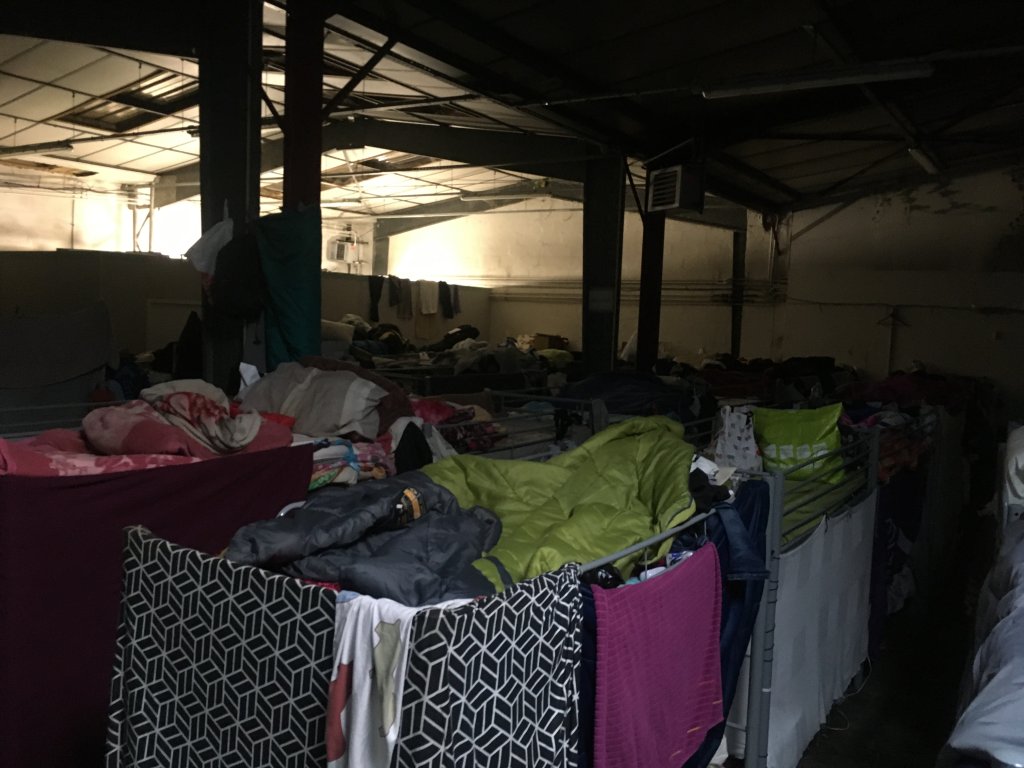
'We are still in shock'
Despite these warnings, some passengers did attempt to stand up for Sacko, and kept the aircraft on the ground for more than an hour. But the protest didn’t last and eventually, the flight took off for Bamako.
One of his supporters, who spoke to rfi on condition of anonymity, said: "We are still in shock. But we are keeping in touch with him. He gave so much to us. We are convinced that he should not have been deported, and that this is a massive miscarriage of justice. He was very touched by the fact that so many people acted on his behalf in protest. We are just hoping that things will be OK for him over there."
In Bamako, reports rfi, Sacko has been taken in by members of an association that supports those expelled from France. Ousmane Diarra is president of the association. "We are working with his lawyer and with support organizations, to see what can be done, to get him back to France. He will launch an appeal, and we are also talking to Malian ministers in the hope that they will help us get Moussa Sacko back to France if it is at all possible."
On July 3, supporters of Sacko protested outside the town hall in Montreuil.
